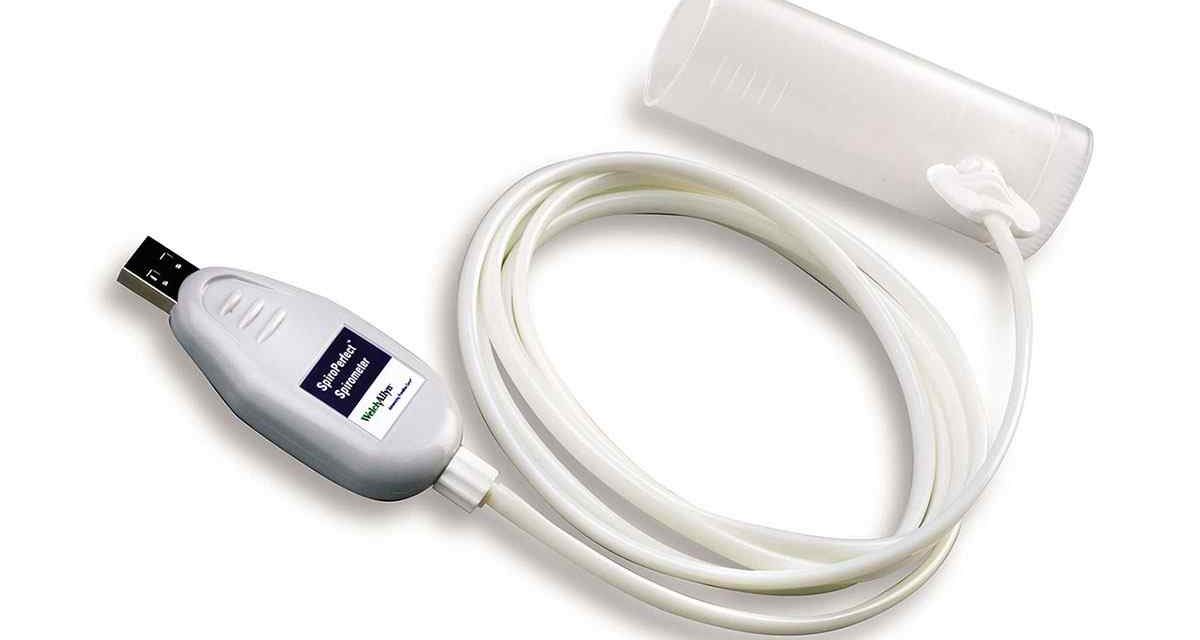When a person has a cavity in their tooth, a dentist will probably recommend a filling. Fillings are safe and effective, but some people might experience discomfort or tooth sensitivity afterward.
When a person has a cavity in their tooth, a dentist will probably recommend a filling. Fillings are safe and effective, but some people might experience discomfort or tooth sensitivity afterward.
When a person has a cavity in their tooth, a dentist will probably recommend a filling. Fillings are safe and effective, but some people might experience discomfort or tooth sensitivity afterward.
When a person has a cavity in their tooth, a dentist will probably recommend a filling. Fillings are safe and effective, but some people might experience discomfort or tooth sensitivity afterward.

Gingivitis means inflammation of the gums, or gingiva. It commonly occurs because a film of plaque, or bacteria, accumulates on the teeth. This is more serious and can eventually lead to loss of teeth.

Gingivitis means inflammation of the gums, or gingiva. It commonly occurs because a film of plaque, or bacteria, accumulates on the teeth. This is more serious and can eventually lead to loss of teeth.

Gingivitis means inflammation of the gums, or gingiva. It commonly occurs because a film of plaque, or bacteria, accumulates on the teeth. This is more serious and can eventually lead to loss of teeth.

Gingivitis means inflammation of the gums, or gingiva. It commonly occurs because a film of plaque, or bacteria, accumulates on the teeth. This is more serious and can eventually lead to loss of teeth.

Gingivitis means inflammation of the gums, or gingiva. It commonly occurs because a film of plaque, or bacteria, accumulates on the teeth. This is more serious and can eventually lead to loss of teeth.

